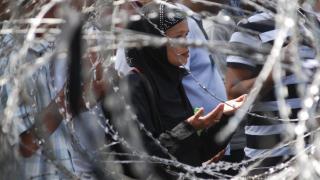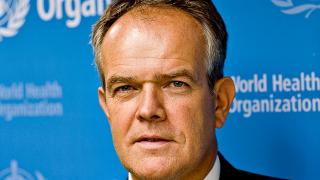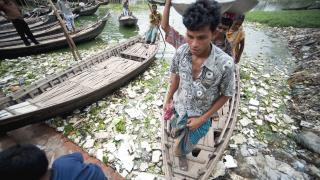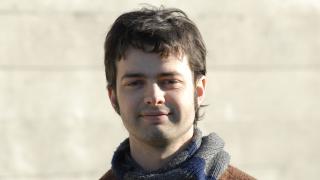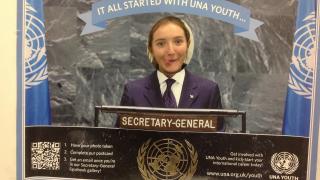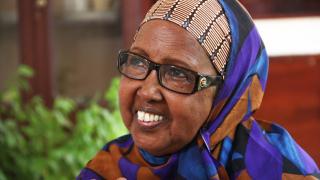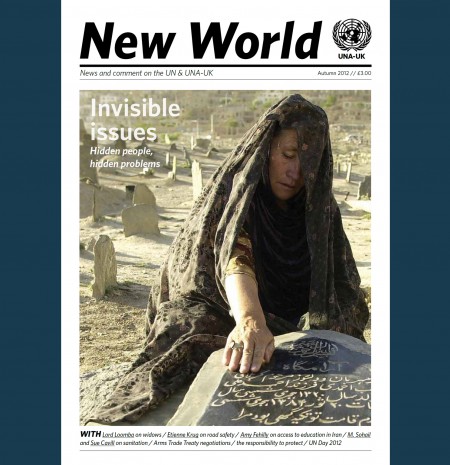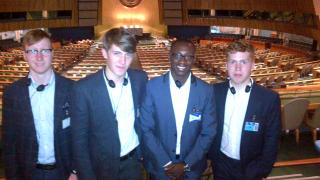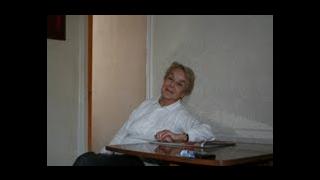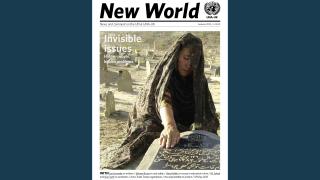
Many have asked me what compelled me to write two books on the West Balkans, during the period 2005-12. Briefly, there are four reasons. First, I met Marshall Tito, President of Former Yugoslavia, when he visited Ceylon in 1957, for a Non-Aligned Movement conference. I was fascinated by Yugoslavia and Tito’s unique brand of Socialism. Secondly, as a Board Member of Amnesty International UK for six years, I was very interested in the human rights of the West Balkans people. Thirdly, as a UNA-UK Board member and activist, I wished to find out how and why the UN could not stop the atrocities and ethnic cleansing in the Balkan wars. Fourthly, and importantly, as an international lawyer, I look to the International Criminal Tribunal for the former Yugoslavia to create peace, reconciliation and justice in the West Balkans, and to help the victims receive adequate compensation for their losses.
In writing both my first book, on Bosnia and the Srebrenica tragedy of 1995, and my most recent one on the Tribunal, I am very pleased that I did not experience any obstacles or hindrances from the authorities in the Hague or the Balkans countries where undertook my research from 2005-11. I was able to carry out my extensive field work, during six trips to Bosnia and the Hague, courtesy of the help from host countries’ officials. I must mention the EU officers in Bosnia who facilitated my two visits in Bosnia, and give special thanks for the help from the Media office of the Tribunal in the Hague, during my four visits to attend the Karadzic trial in 2010 and the global legacy conference in November 2011. There were also great financial pressures in researching abroad as well as the publishing costs, and I am greatly indebted to my wife Barbara who financed much of the cost of the two books.
Let me give a succinct summary of what I feel my book is about. Firstly, it is an educational guide for graduate and post-graduate students in International Relations, International Law, Humanitarian Law, Human Rights Law, and Peace Studies. I have given complimentary copies of both my books to several university and public libraries, including the British Library where it is lodged for copyright.
I believe the lasting legacy of the Tribunal is five-fold. First, it has made impunity of Heads of State, generals and other individuals, no longer possible in war crimes such as genocide, ethnic cleansing and rape. Second, it has made the criminalisation of atrocities now relevant for victims in both international and internal conflicts. Third, the UN could, given time, establish a trust fund to grant compensation to the survivors. Fourth, in the longer term, a culture of peace and judicial accountability could arise for a reconciliation of the peoples in the West Balkans. Fifth, the Tribunal’s digitised documentation would help to strengthen international humanitarian law in dealing with future war crimes.
The trials of Karadzic, Mladic and Hadzic are still pending and the UN has established a ‘residual mechanism’ to deal with appeals and unfinished justice to take us to 2020. Please read my afterword for an educated projection of the likely decisions of these slow running trials. Let us hope that some justice can be found in the final reckoning for the near 25 million diverse peoples of the West Balkans to live in peace in an enlarged European Union.
“The UN War Crimes Tribunal in Former Yugoslavia” by UNA-UK Trustee, Luckshan Abeysuriya, is published by MTP-Media Ltd of Kendal Cumbria.
To order a copy please email Luckshan Abeysuriya at luckyabey@talktalk.net. Cost to UNA-UK members £12 plus £1.90 postage.



